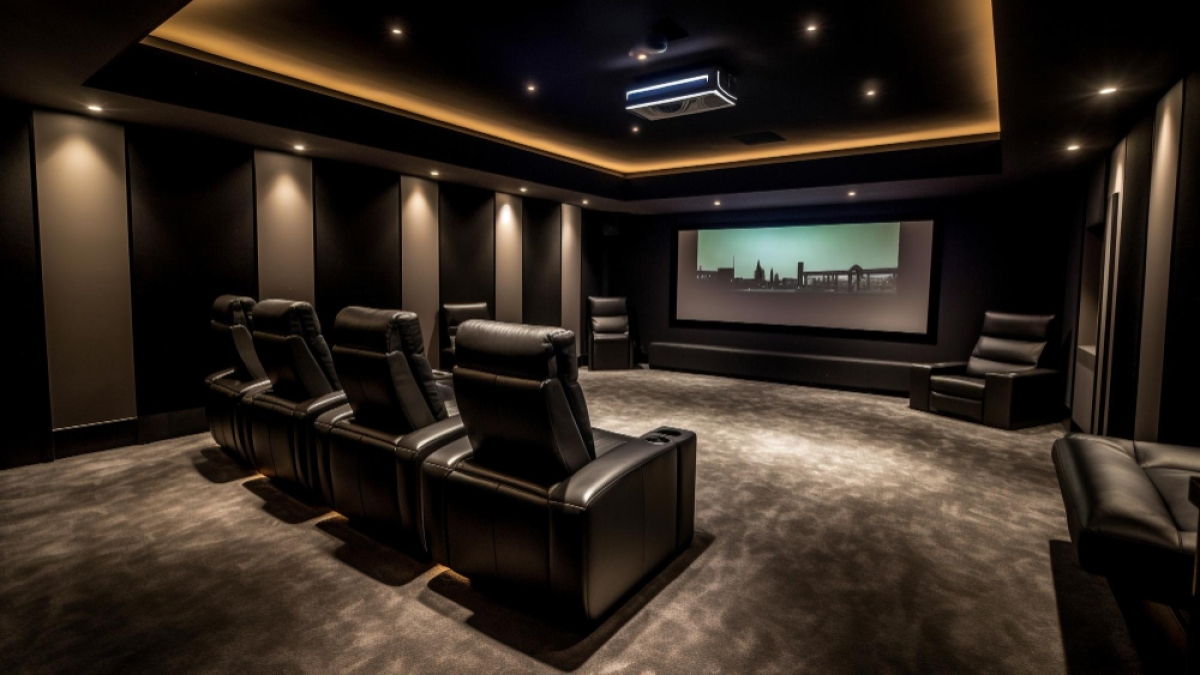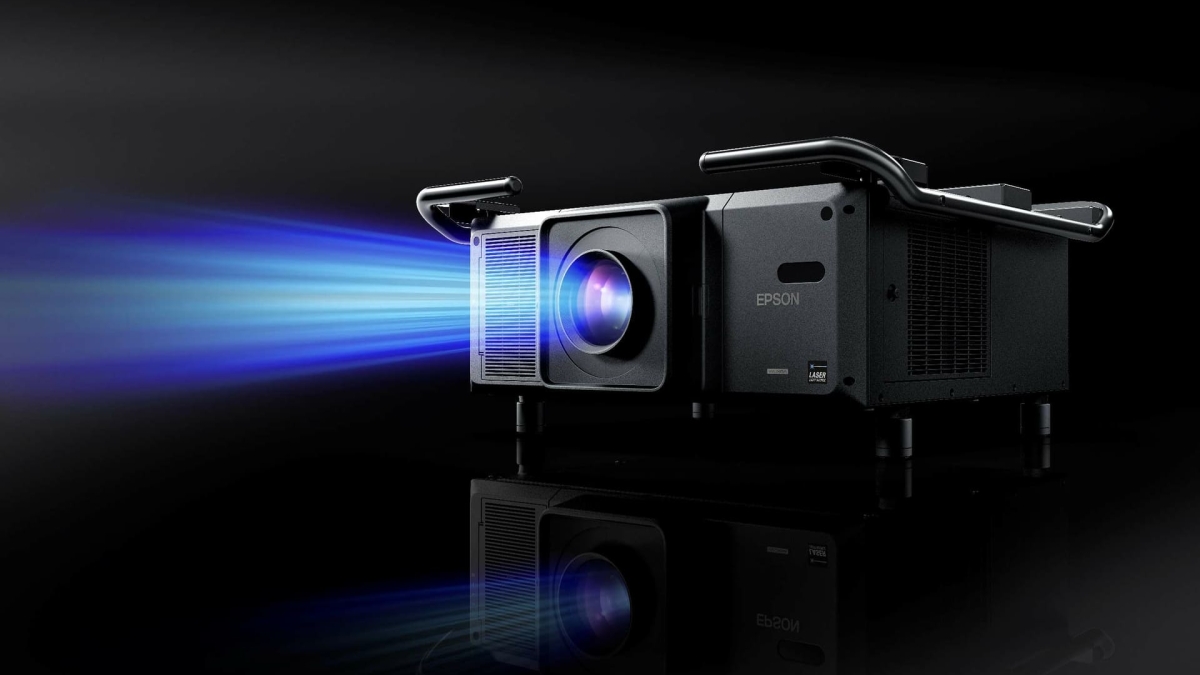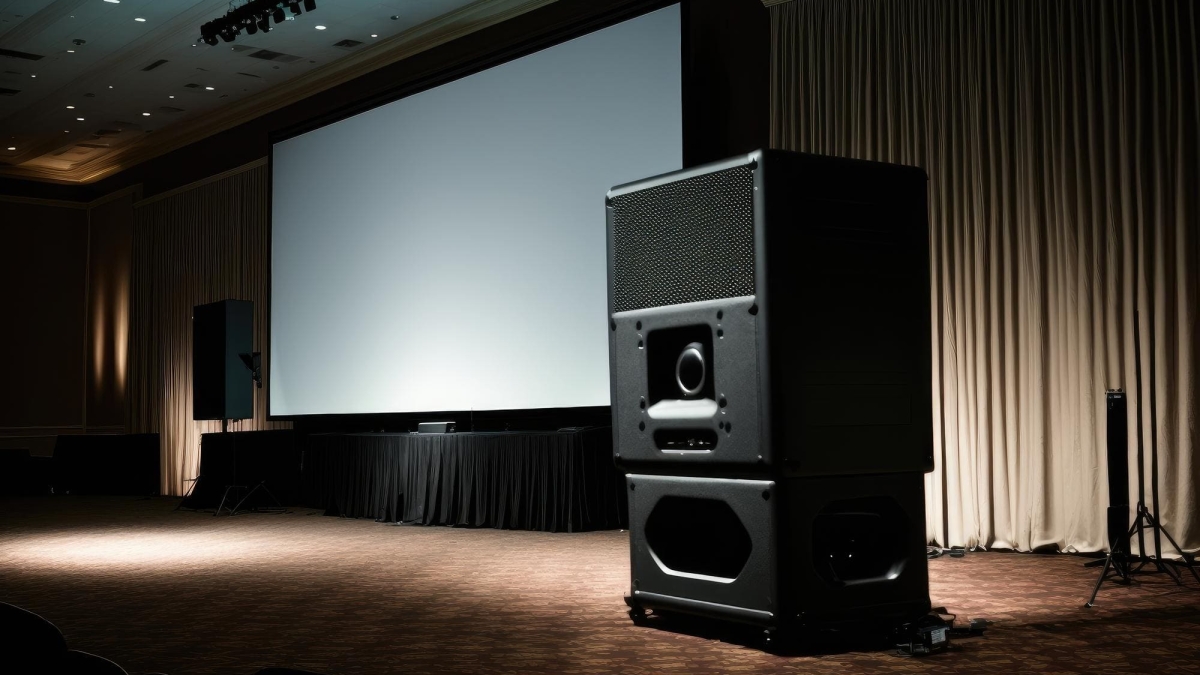Transforming your living space into a high-quality entertainment zone with a home cinema setup is a dream for many homeowners. Whether you’re a movie enthusiast, a gaming fanatic, or someone who enjoys immersive audio-visual experiences, a home cinema offers unmatched convenience and luxury.
But to achieve the best results, you need more than just the latest gadgets—you need the right home cinema company. This blog provides a complete guide to help you choose a professional, reliable, and tech-savvy company that can bring your dream setup to life.
1. Understand Your Needs First
Before you start looking for companies, define your requirements:
- Are you setting up a full-fledged theatre room or upgrading your living room?
- Do you need surround sound, projector systems, or smart lighting integration?
- What’s your budget range?
Knowing your goals will help you find a company that specializes in the type of setup you want—whether it’s a minimalist 2.1 system or a full Dolby Atmos 7.1.4 setup with acoustic treatment.
2. Look for Expertise and Specialization
Not all AV installers or automation firms are equal. When evaluating a home cinema company:
- Check their portfolio: A good company will showcase past projects—look for diversity in design, brands used, and innovation.
- Years of experience: Businesses with years of practical experience typically produce more polished outcomes.
- Specialization: Ensure they specialize in home cinemas and not just general electrical or AV work.
3. Evaluate Technology Partnerships
The best home cinema companies partner with world-class AV brands. These include:
- Audio: Bose, Sonos, Klipsch, KEF, JBL, Bowers & Wilkins
- Video: Sony, Epson, Optoma, LG, Samsung
- Control Systems: Control4, Savant, RTI, Crestron
Choose a company that offers a wide range of brand options so they can tailor the setup to your room size, acoustics, and viewing preferences.
4. Smart Integration Capabilities
A modern home cinema isn’t just about sound and picture—it’s about intelligent control. Top companies can integrate your cinema with:
- Voice control (Alexa, Google Assistant)
- Lighting control
- Climate control
- Security systems
Ask if they offer home automation integration, so you can control your cinema with a single remote or mobile app.
5. Ask About Custom Design and Acoustics
A high-end cinema experience depends heavily on acoustics and visual clarity. A reputable company will:
- Conduct a room assessment
- Recommend acoustic paneling and speaker placement
- Suggest screen/projector sizes based on your space
Avoid companies that offer a one-size-fits-all solution. Instead, look for those who provide tailored cinema room design based on room dimensions, seating plans, and aesthetic preferences.
6. Check Reviews and Testimonials
Testimonials and reviews from clients say a lot about the calibre of the service. Look for:
- Google reviews
- Social media feedback
- Before-and-after photos
- Video testimonials (if available)
Satisfied customers often highlight aspects like after-sales service, punctuality, and professionalism—all of which are crucial.
7. On-Site Consultation and Demonstration
Professional companies offer on-site consultation where they:
- Assess your space
- Explain available options
- Give you a realistic quote
Some may even have a demo room where you can experience their systems firsthand. This is a great way to get clarity on what you’re investing in.
8. Consider Warranty and Support
AV systems need post-installation support. Make sure the company offers:
- Warranty on equipment and installation
- Regular system updates
- Customer support via phone, email, or app
- Maintenance packages, if needed
A reliable partner stays with you beyond installation to ensure your home cinema performs flawlessly over time.
9. Compare Prices (But Don’t Compromise on Quality)
While budget is important, cheaper doesn’t always mean better. Focus on:
- Value for money
- Quality of brands offered
- Professionalism of installation
- Support and warranty
Get quotes from multiple companies and compare what’s included in the package. Make your decision based on the total worth, not simply the final cost..
10. Legal Compliance and Certifications
Ensure the company follows all local regulations, especially for:
- Electrical safety
- Structural modifications
- Fire safety (if they handle wiring or insulation)
Certified technicians ensure a safer and more reliable installation.
Conclusion
Choosing the best home cinema company is about more than just flashy products. It’s about finding a professional partner who understands your vision, offers tailored solutions, uses high-quality equipment, and delivers reliable support.
A well-installed home cinema not only enhances your entertainment experience but also adds value to your home. So, take the time to research, ask questions, and invest wisely.




